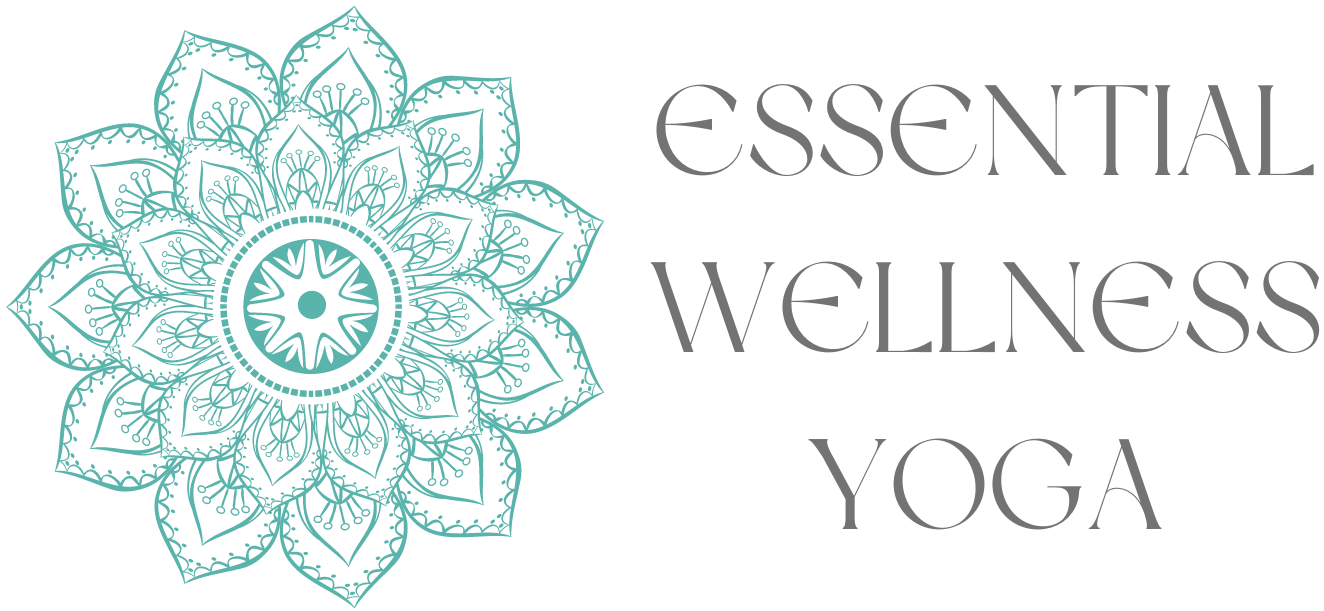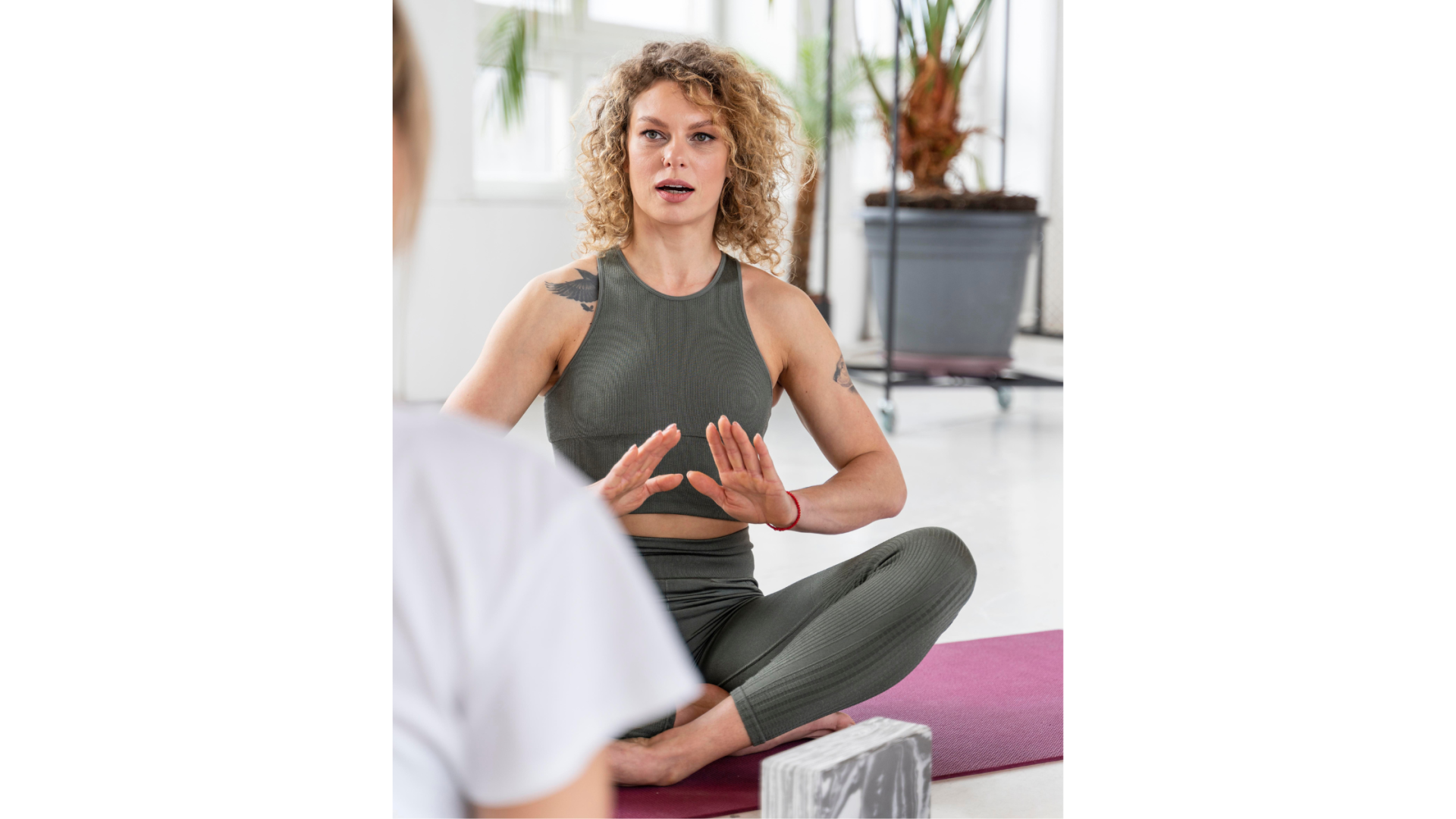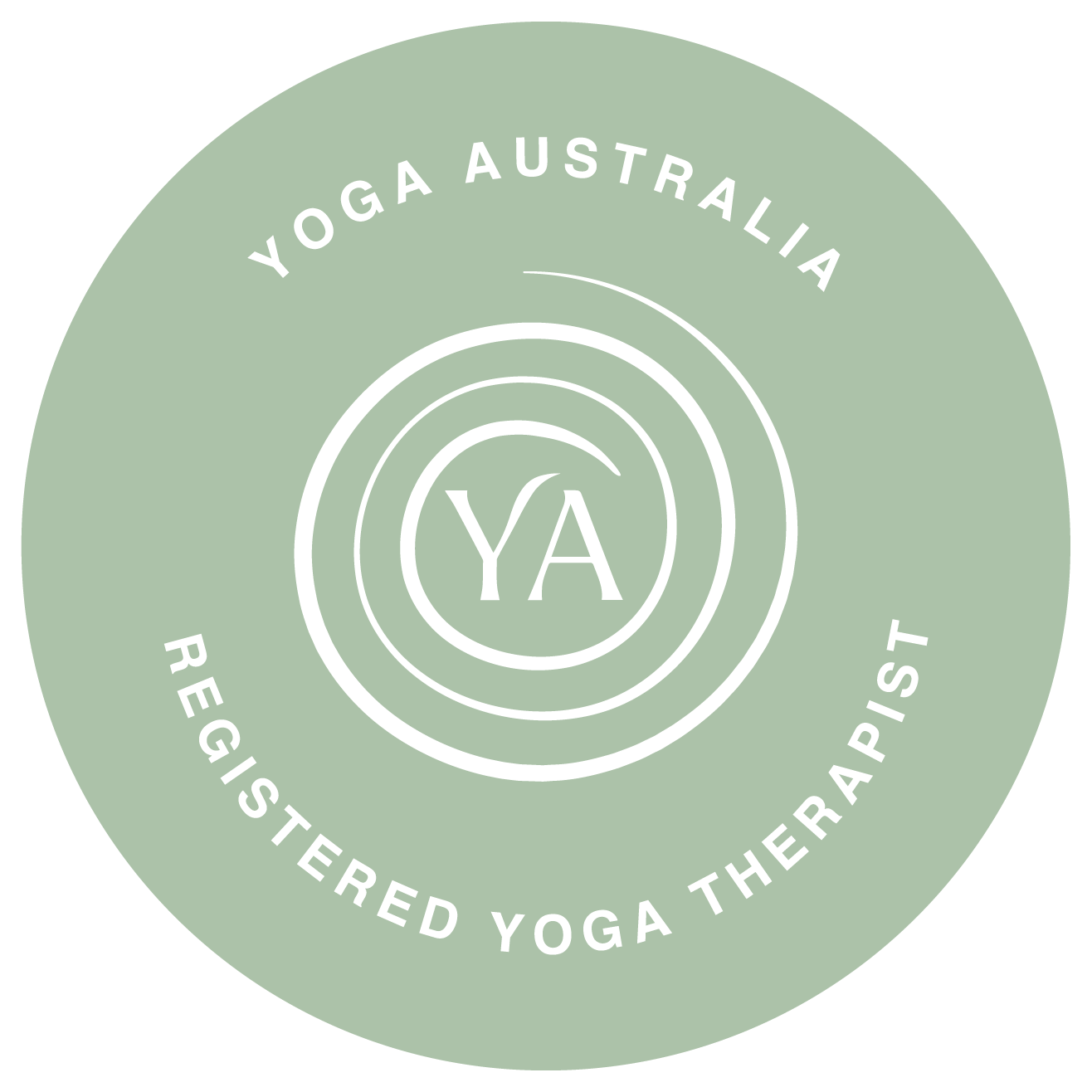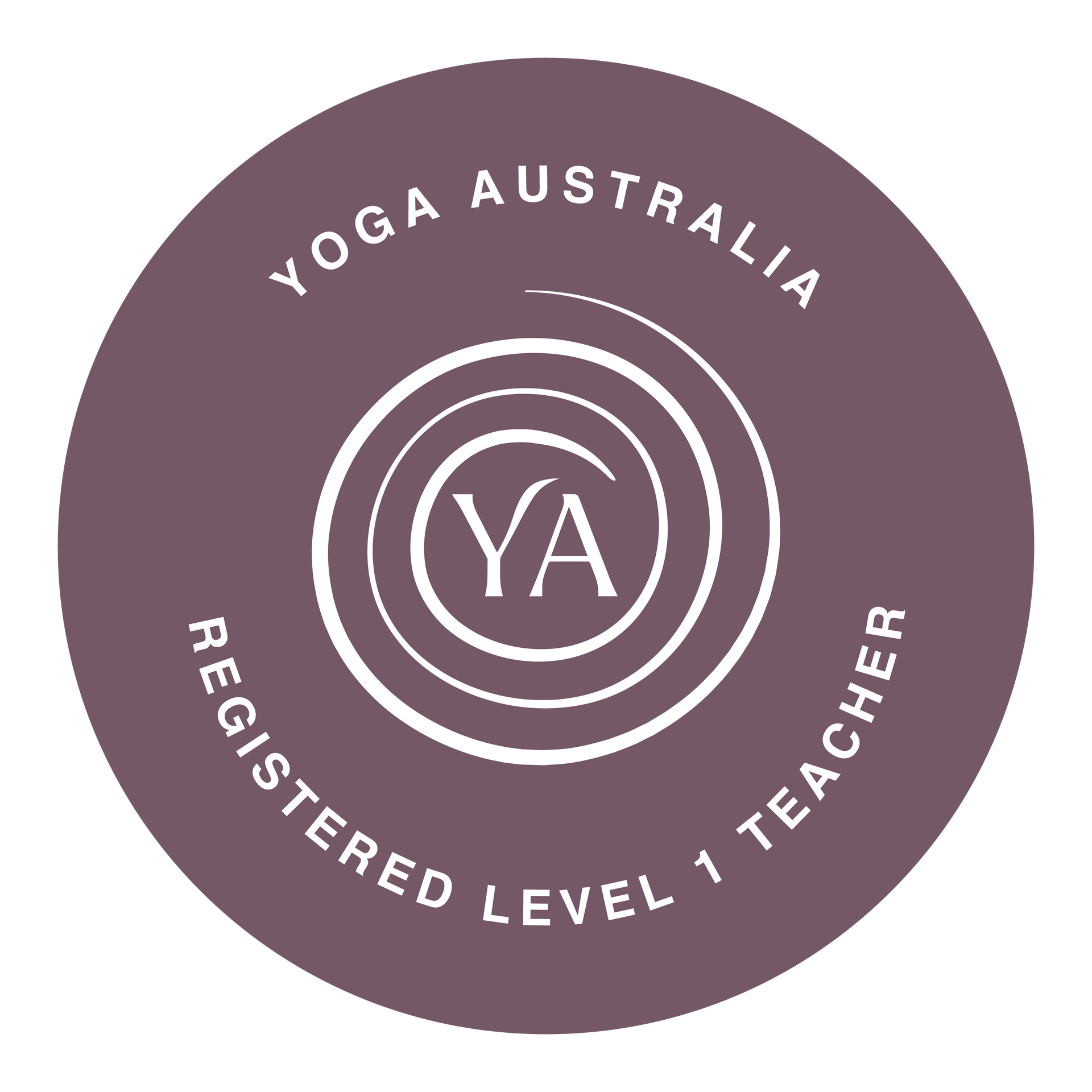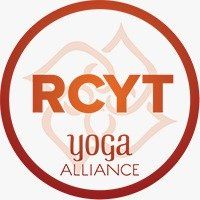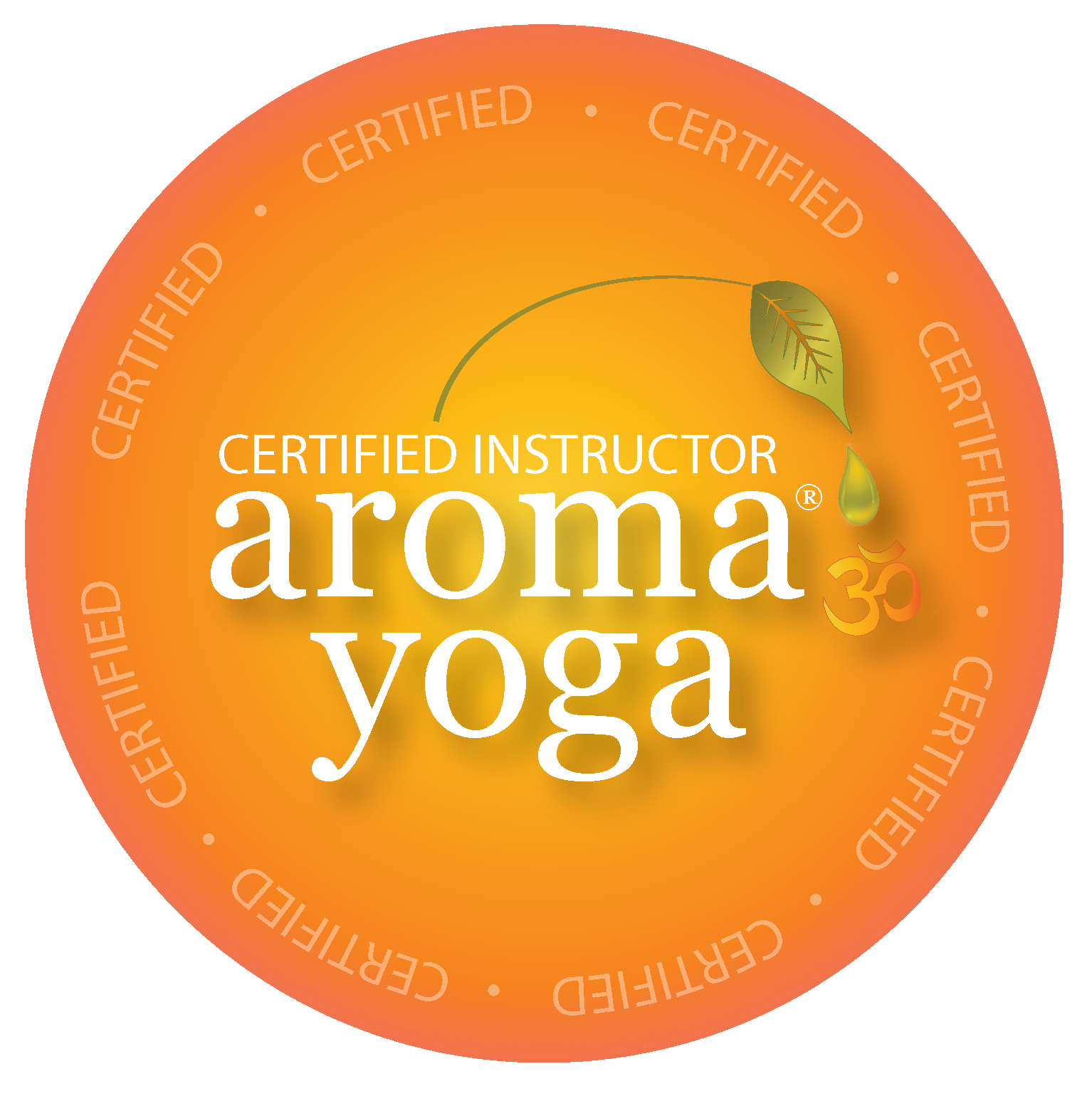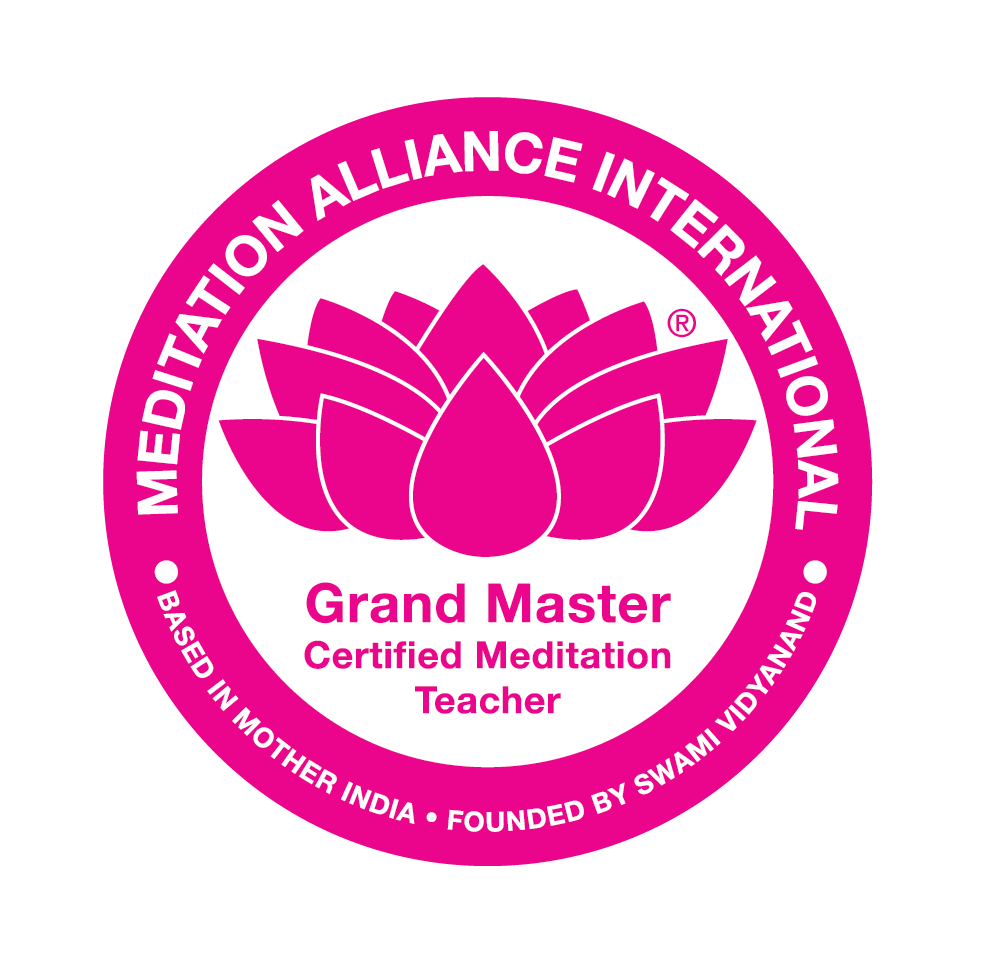Are Yoga Therapists and Yoga Teachers The Same Thing?
You may be aware that I am currently completing a Graduate Diploma in Yoga Therapy. Recently I have been asking for volunteers to help with the practicum hours I am required to complete this course. A common question keeps coming up. How is Yoga Therapy different to our usual Yoga Session? I thought I'd share some information to help you understand Yoga Therapy and how a Yoga Therapist differs from a Yoga Teacher.
Is there a real difference between Yoga Therapy and Yoga Sessions?
The answer is a definite yes! There is a HUGE difference between the two. Yoga Teachers and Yoga Therapists both start out the same way, by completing general Yoga Teacher Training. This may be a 200-Hr Yoga Alliance certified course or a 350-Hr Yoga Australia certification. These training's provide the basic requirements to teach yoga techniques such as asanas, (poses), pranayama (breathing techniques) and some courses may include basic meditation. They provide the basics needed to teach private or group yoga classes. Many students go on and complete further training in yoga areas that interest them, as I have, such as Yin Yoga, Restorative Yoga, Trauma Aware Yoga, meditation and more. (See the About section to view my qualifications.)
However, this is where the similarities end. The focus of a yoga teacher is to teach yoga techniques, the focus of a yoga therapist is much less about teaching yoga techniques. The yoga therapist's focus is all about applying specific yoga techniques to help a person reduce symptoms they may be dealing with. (more on this later!)
Yoga Therapist VS Yoga Teacher
Yoga Therapists differ from Yoga Teachers in a number of ways. Here are just a few.
Yoga Therapy Training
In order to be registered as a Yoga Therapist, you must complete at least an additional 800 hours of Yoga Therapy Training. This course is completed over a 2-year period.
With all of my basic and specialty Yoga Teacher Training, I have over 1300 Hrs of training. This, however, does not qualify me to be a Yoga Therapist (even though 100 hours of this training was in Yoga Therapy). The Yoga Therapist training specialises in equipping the therapist with the skills, confidence and qualifications we need to make a huge difference to the health and well-being of our clients. This highly specialised training allows us to work alongside other Allied Health professionals in private practice, in an integrative clinic, or in a hospital setting. We learn how to conduct 1:1 or group sessions that are either symptom- or condition-specific.
Tailored Therapy
Whether it is a 1:1 session or a small group session, Yoga Therapy is specific for each client. A detailed intake and assessment are conducted for each client, to assess their individual health and well-being needs and goals.
"When clients seek out a yoga therapist or a therapeutic group, they are usually not coming to learn yoga, but to get help with or relief from some symptom or health condition that is troubling them. In most cases, the instruction focuses on their condition and how the yoga techniques can help them feel better or improve their function, rather than on the techniques or methods of yoga practice." ~ Gary Kraftsow, C-IAYT
As Yoga Therapists, we are trained to consider the whole person (one of the reasons for the detailed intake and assessment process) through all of the varied lenses that yoga provides. We draw on our training and knowledge to view the person as an individual and work together to find what will best suit their needs. We look at the person there in front of us. As each person is different, rather than using a one practice suits all approach for a particular need or goal, we apply yoga techniques holistically to address the whole person that is seeking our help. Whether the individual is seeking support relating to decreasing symptoms of chronic pain, decreasing symptoms of chronic illness (such as from an autoimmune disease), mental health, illness support, healthy aging, improving flexibility, injury recovery, sleep issues, fatigue, or improving overall well-being, we view each person as having unique needs and goals and focus our therapy wholly on them.
After getting to know the student from information collected through the intake form, discussion with and observation of the client, the Yoga Therapist calls upon the areas of yoga that will be most beneficial to the person in front of them, their goals and their health concerns. The Yoga Therapist will work closely with the client, discussing options, to discover which yoga tools will be most beneficial for them.
A really important consideration, is that Yoga Therapists do not diagnose. Yoga Therapy is a holistic, complementary therapy that is not intended as a substitute for medical advice. It is intended to help the client empower themselves through the application of the teachings and practices of yoga, to support their recovery or well-being. It is perfect to be used along with other health modalities.
Any yoga class can be considered therapeutic. You may have experienced the therapeutic benefits of yoga through your regular practice. However, a Yoga Therapy session is more specific and targeted towards reducing or managing symptoms rather than developing your skill at particular yoga asanas or techniques. Yoga Therapy is specific to the individual client.
If you would be interested in participating in free Yoga Therapy Practicum sessions (minimum of two sessions) please
contact me to find out what this entails. If you would rather not be included in the practicum sessions, I am offering reduced rate Yoga Therapy sessions for the duration of my course. Bookings can be made
here


